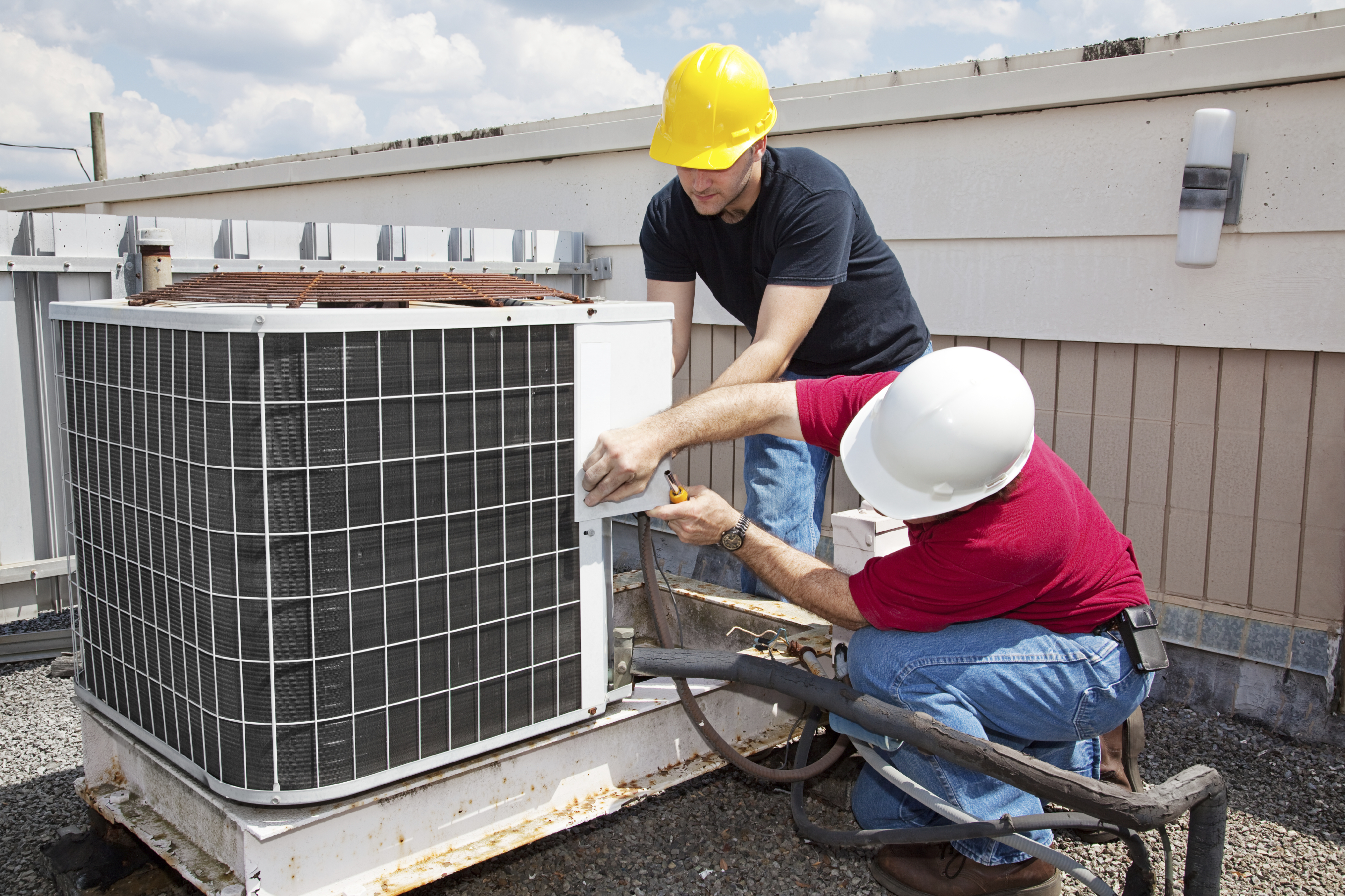This Study of Thermal Dynamics in Heating, Ventilation, and Air Conditioning

Ventilation, commonly known as HVAC, plays a essential role in maintaining cozy indoor environments in both residential and corporate spaces. As you move through any office, you might not think twice about the systems working silently behind the scenes to ensure that the air is at a desirable temperature and standard. However, understanding the principles of heat transfer that govern these systems can greatly enhance our capability to manage them properly.
In this article, we will delve into the science of HVAC, uncovering how these systems work and why they are necessary. From basic concepts for beginners to tips on effective maintenance and energy usage, we will review various aspects of HVAC systems. Whether you're thinking about an upgrade, looking to improve indoor air quality, or simply wanting to lower your energy bills, this article will provide the necessary knowledge you need to make smart decisions about your heating and cooling systems.
Grasping HVAC Technologies
HVAC, Air Conditioning, and HVAC , typically called HVAC, serves as an essential system employed for providing comfort in indoor environments. At its heart, an HVAC setup works by controlling the heat, humidity, and air quality of spaces in residences and industrial structures. It accomplishes this through a collection of linked components that execute the required tasks of warmth generation, temperature reduction, and breathability. Whether it’s a home environment or a big corporate building, comprehending how these systems operate is vital for optimal environmental management.

The primary elements of an HVAC setup comprise the heating mechanism, cooling mechanism, fresh air system, and the climate control device. Warmth generation can come from different options, including heating units, heating pumps, or boilers, which create heat during chillier periods. For cooling, air conditioning replacement or systems like heat pumps are employed to remove heat from interior atmosphere, ensuring a refreshing atmosphere in the warm months. Air exchange plays a critical part in ensuring fresh air circulates through the environment, aiding to maintain air standards and get rid of suspended impurities.
Moreover, appropriate upkeep is crucial to guaranteeing HVAC installations operate effectively and last longer. Regular maintenance checks can pinpoint typical problems such as clogged air filters or freon losses before they develop into more major concerns. Understanding how these mechanisms work not only helps house owners and entrepreneurs make informed judgments about use and care but also equips them to establish comfortable home and working spaces year-round. spintax ### Common HVAC Issues and Solutions
Homeowners often encounter a range of HVAC issues that can disrupt comfort and efficiency. One common problem is insufficient heating or cooling. This can occur due to a defective thermostat, clogged ducts, or low refrigerant levels. To address https://mcmahan-rouse-2.technetbloggers.de/how-pick-the-best-hvac-contractor , start by verifying the thermostat settings and replacing batteries if needed. Next, inspect and clean air filters and make sure that vents are clear. If problems persist, it may be necessary to call a certified technician to check for refrigerant leaks or system malfunctions.
Another frequent concern is excessive noise produced from the HVAC unit. Noises like clattering, grinding, or hissing can indicate various issues, from loose components to malfunctioning motors. Residents should initially examine the outside unit for any debris that might be causing noises and make sure all screws and fasteners are tight. If the noise is severe or continuous, it is advisable to seek professional help to diagnose and resolve the underlying issue, as ignoring it can result in more significant damage.
Finally, subpar indoor air quality is an aspect that many do not recognize as directly related to HVAC systems. Problems such as dust buildup and allergens can stem from contaminated air filters or poor ventilation. To improve air quality, consistent maintenance is essential, including regular filter changes and duct cleaning. Installing air purifiers and selecting the right filters for your system can significantly enhance indoor air quality and overall comfort in the home.
Energy Effectiveness and Advancements in HVAC
The HVAC sector has witnessed significant advancements in energy conservation, primarily due to the growing demand for sustainable solutions. Modern systems are engineered to optimize energy use while maintaining comfort levels in homes and commercial buildings. Developments such as adjustable speed motors, zoned heating and cooling, and advanced heat exchangers permit HVAC systems to operate more efficiently, reducing power use and reducing utility bills.
Intelligent automation implementation is another important innovation driving energy efficiency in HVAC units. Smart thermostats and home automation technologies provide homeowners with unparalleled control over their heating and air conditioning preferences. These gadgets can adapt to user habits, modify settings on their own based on occupancy, and provide instant energy consumption information, all contributing to a more efficient HVAC operation. As smart devices continue to advance, they will take an ever more critical role in energy efficiency.
Additionally, renewable energy sources, such as solar-powered HVAC systems, are revolutionizing the industry. These units harness solar energy to minimize reliance on traditional power options, offering both ecological benefits and cost savings. Geothermal heating and cooling is another novel solution, utilizing the earth's constant heat to provide sustainable environmental regulation. As these solutions become more affordable, homeowners and companies can make educated choices that align with their commitment to sustainability and resource conservation.
